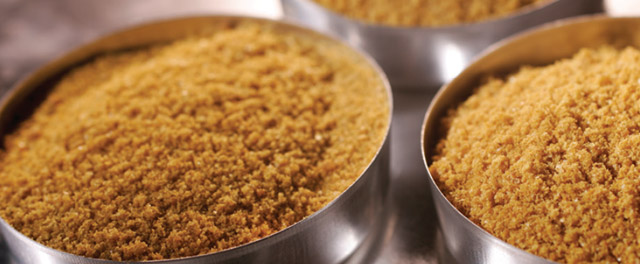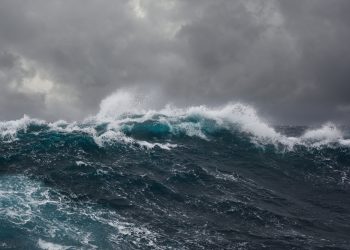The Skuld P&I Club recommends loss prevention measures to avoid claims of Distillers Dried Grains and Solubles cargo (DDGS). Recently, the Club has experienced a high value cargo claims of such cargoes which were discharged in China.
DDGS are the solid remnants derived from ethanol distillation which contains quality protein and is utilized most commonly for animal feed. DDGS contains maize grain, but there are varying contents of other grains which can be utilized. The end DDGS ranges from a very pale golden color to a dark roast coffee color and this depends largely on processing factors such as temperature and moisture content.
The Club informs that cargo receivers in China are demanding substantial security when the DDGS cargo arrives discoloured and they are alleging that it was “damaged” during the voyage. They make a claim under their insurance policy and the cargo underwriters pursue owners via subrogated rights under the bills of lading.
Loss prevention
Surveyor attendance
If owners are requested to carry this cargo from ports in the US, the Association recommends that a surveyor is appointed to monitor the loading and to collect evidence necessary to assist in protecting owner’s interests. It is also recommended to obtain copies of the shippers’ cargo declaration and specifications in order to assist the master in clausing the bills of lading if necessary.
Value of photographs
Operators are strongly advised to take detailed photographs of the DDGS during cargo operations. The fast loading of DDGS may cause dust and therefore affect the ability to see the color of the cargo, however, the Association still recommends that photographs are taken to show the nature of loading and the visibility to the crew. This also applies where tarpaulins are utilized to limit dust and the Association recommends, if possible, that photographs are taken under the tarpaulin and of the cover itself. This may assist operators in proving that the discoloration of the cargo did not occur during the voyage.
Loss prevention during the voyage
Pursuant to the IMSBC Code stipulations on maximum moisture and oil content, DDGS is a Group C cargo. However this cargo is prone to self-heating. If the cargo self-heats, this can adversely affect the color and nutritional quality of the cargo. It is recommended that detailed records of the ventilation should be maintained. Thermocouple probes can also be used to monitor for signs of self-heating and, if a significant temperature increase is seen, advice should be sought from the Club. If cargo is stowed near the engine room bulkhead, care must be taken to avoid overheating of cargo near these areas. Further temperature records should be maintained as evidence that any discoloration did not arise due to heating of the bunker tanks.
Source: The Skuld P&I Club






























































